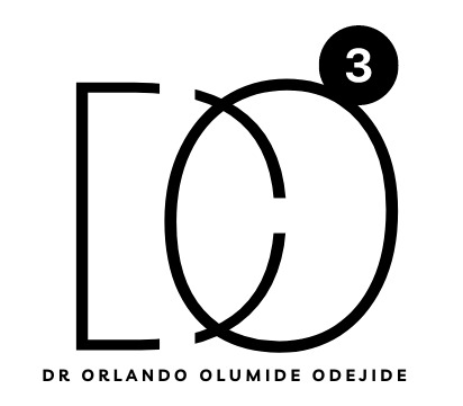
In today’s competitive business environment, achieving ISO certification can be a game-changer.
As an Accredited Management Consultant with over two decades of experience, I’ve seen firsthand how ISO standards can elevate a company’s operations, reputation, and bottom line.
What is ISO Certification?
The International Organization for Standardization (ISO) develops and publishes standards that ensure the quality, safety, and efficiency of products, services, and systems. ISO certification is a seal of approval from a third-party body that a company adheres to these standards.
Why ISO Certification Matters
-
Improved Quality Management ISO 9001, one of the most recognized ISO standards, focuses on quality management systems. It ensures that organizations meet customer and regulatory requirements consistently. Companies that achieve ISO 9001 certification demonstrate their commitment to quality and continuous improvement.
-
Enhanced Customer Satisfaction With stringent quality control measures in place, businesses can ensure that their products and services meet customer expectations. This leads to higher customer satisfaction and loyalty, driving repeat business and positive word-of-mouth referrals.
-
Increased Efficiency and Reduced Waste ISO standards encourage organizations to optimize their processes, reducing inefficiencies and waste. This not only lowers operational costs but also enhances productivity, allowing businesses to do more with less.
-
Market Advantage ISO certification sets companies apart from their competitors. It is often a prerequisite for entering certain markets or bidding on contracts. Businesses with ISO certification are seen as more reliable and trustworthy by clients and partners.
-
Risk Management ISO standards, such as ISO 31000 for risk management, provide frameworks for identifying, assessing, and managing risks. This proactive approach helps businesses mitigate potential threats and capitalize on opportunities, ensuring long-term sustainability.
-
Global Recognition ISO is recognized worldwide, making ISO certification a valuable asset for companies looking to expand internationally. It signals that the business operates to international standards, facilitating smoother entry into global markets.
Steps to Achieve ISO Certification
-
Gap Analysis Assess your current processes and identify gaps between your existing practices and the requirements of the ISO standard you aim to achieve.
-
Training and Awareness Educate your team about the importance of ISO certification and the changes needed to meet the standards. Training ensures that everyone is on board and understands their role in the process.
-
Documentation Develop comprehensive documentation of your processes, procedures, and policies. This forms the foundation of your quality management system and provides a reference for auditors.
-
Implementation Implement the necessary changes to align your operations with ISO standards. This may involve updating procedures, investing in new technologies, or altering workflows.
-
Internal Audit Conduct internal audits to evaluate your compliance with ISO standards. Identify areas for improvement and address any non-conformities.
-
External Audit Engage a certified external auditor to assess your compliance. The auditor will review your documentation, observe your processes, and interview your team to ensure adherence to ISO standards.
-
Continuous Improvement ISO certification is not a one-time achievement. Continuously monitor and improve your processes to maintain compliance and enhance performance.
Conclusion
Achieving ISO certification is a strategic investment that can yield significant benefits for your business. It enhances your reputation, improves efficiency, and opens doors to new opportunities. As a seasoned consultant, I encourage organizations to embrace ISO standards and commit to excellence. The journey to certification may be challenging, but the rewards are well worth the effort.











